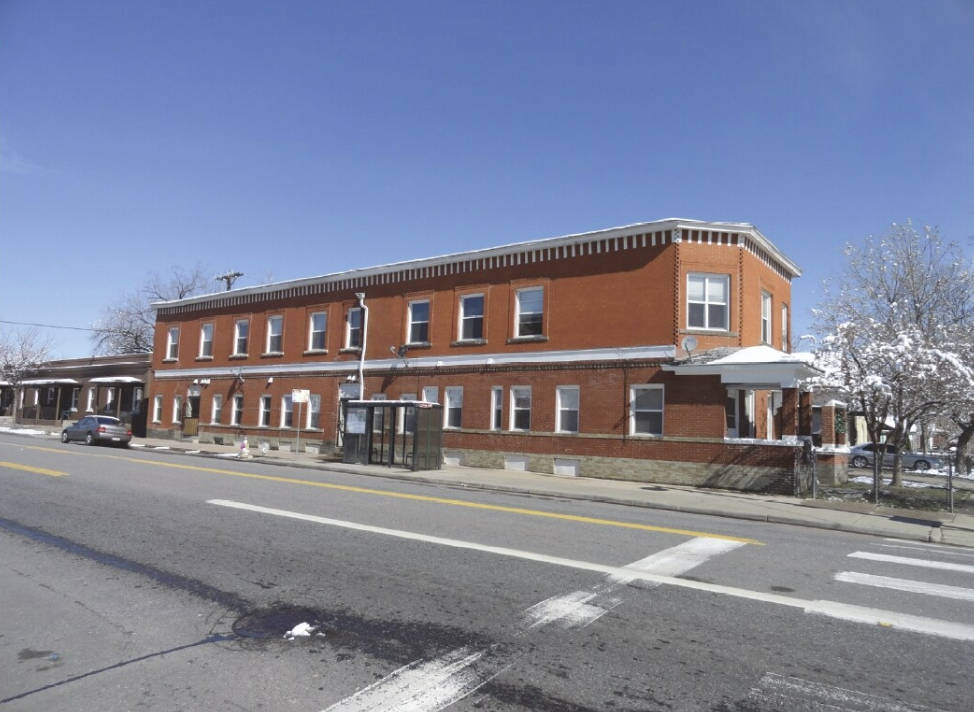

Audio By Carbonatix
The multi-unit apartment building at 3401 Williams Street in Denver’s Cole neighborhood got hit with the city’s first $999 fine in residential rental licensing history this week for refusing to comply with licensing orders, according to the Denver Department of Excise & Licenses.
The building, owned by Jonathan Schwartz, received a violation on May 9 in the first wave of fines for the residential license. Enforcement begins with $150 administrative penalties for property owners and operators before nailing them with $500 and $999 tickets if they remain out of compliance.
The building incurred a $500 fine in June after failing to comply, and has now reached the maximum penalty threshold, with a $999 fee that was issued on August 29, the city announced Thursday.
Excise & Licenses is technically allowed to fine an unlicensed operator $999 per day after it receives its first $999 penalty, should they continue to ignore department orders. But city officials have previously said they hoped no property would actually reach that point; they typically try to use fines and citations as a last resort.
“I can’t comment if the city will pursue that path with this property,” says Eric Escudero, communications director for Excise & Licenses.
Currently, 8,831 properties are in compliance, representing 135,000 rental units total.
Of those, 4,857 are multi-unit residences like the Williams Street building, which were all supposed to be licensed by January 1. The city predicts there will be 25,000 licenses for multi-unit residences once they’re all accounted for.
The license is required by the Healthy Residential Rentals for All ordinance, passed by Denver City Council in May 2021. The council designed the ordinance to help even the playing field between renters and landlords, as well as gain an officiant count of rental properties in the city – something that has never existed. The city expects that eventually about 50,000 properties will be properly licensed as a result of the program.
“Our hope is this property and all other properties that are operating without a license will be compelled to get in compliance with Denver law, demonstrate that their property meets minimal housing standards by passing an inspection, and get the license that only has to be renewed once every four years,” Escudero says.
The rest of the nearly 9,000 licensed properties are single-unit properties like family homes or condos. Those must all be licensed by January 2024 and will receive a 50 percent discount on their $50 application fee if they do so.
For licensing purposes, “minimal housing standards” include working heat, running water, in-place fire safety measures, proper electrical wiring and sufficient egress.
In July, residential rental licenses surpassed security guards as the most issued business license in Denver, according to Excise & Licenses. There were 7,677 active security guard licenses at that time, the city says.
Denver has issued 1,578 notices of violation to unlicensed multi-unit properties. These let landlords know fines are coming if they don’t get inspected and licensed. Plenty of properties have ignored those notices, with 154 being issued first-time $150 fines so far this year, and twelve receiving elevated $500 fines.
“For the first time ever, the city now has a licensing requirement to hold landlords accountable for renting out unsafe properties despite charging near record levels for rent every month,” Escudero says.
Property managers can check out the city’s FAQ page on rental licensing for more information. Tenants experiencing problems at their apartments can call 311 to file a report. Renters can also check their address in the city’s Permitting and Licensing Center to see if the property is licensed or has a pending application. If not, they can contact Excise & Licenses or call 311.